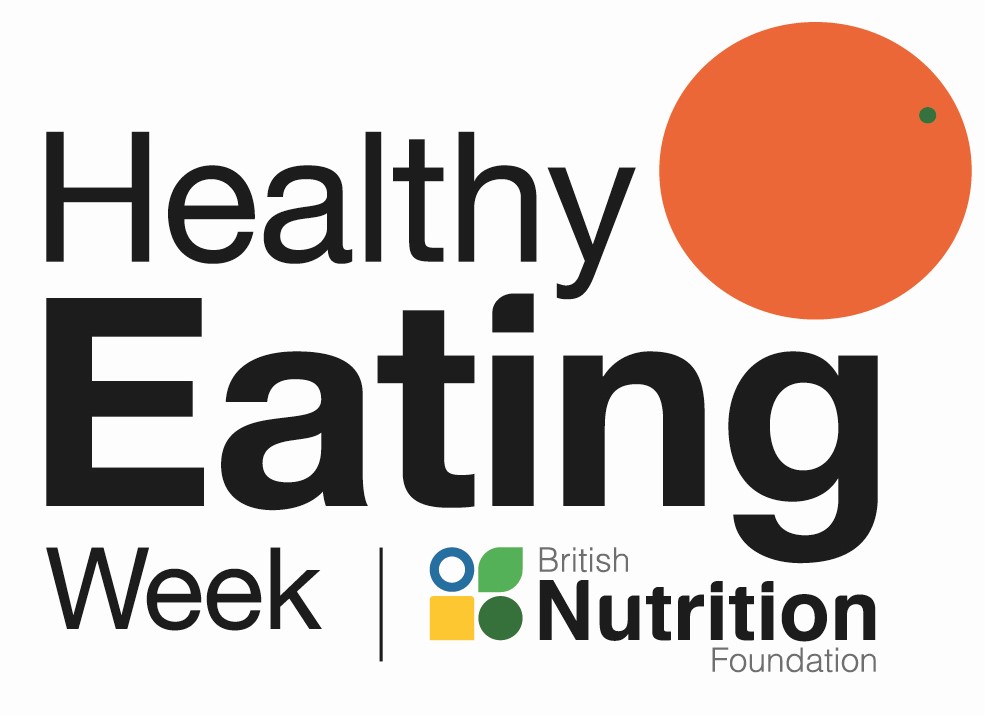Healthy Nutrition – How to Eat Healthy Without Spending a Lot of Money
Healthy Nutrition is important for your overall health and well-being, but you don’t have to follow a strict diet every day. You can have the occasional treat but don’t feel guilty for it. Try new things and make your meals more interesting. Instead of soggy chips and limp burgers, try new dishes made with fresh ingredients.
Unsaturated fats lower cholesterol
Both have a similar effect on the body. Saturated fats increase total blood cholesterol levels, while unsaturated fats lower cholesterol levels and provide the body with vitamins and essential fatty acids. According to the American Heart Association, saturated fats should make up less than seven percent of a person’s diet.
While saturated fats contribute more calories than unsaturated fats, this is not necessarily a bad thing. Saturated fats are important for fueling the body, supporting cell growth and protecting organs. They also help produce important hormones. However, they increase overall lipid levels and can contribute to weight gain. This is why it’s important to limit your intake of unsaturated fats and include them in your diet.
Fiber helps lower LDL cholesterol levels
There are several benefits of eating a high-fiber diet. One of these is a decreased risk of heart disease. Fiber lowers LDL cholesterol by preventing the absorption of cholesterol in the small intestine. Soluble fiber is the type that passes through the digestive tract intact. These studies have shown that different fibers are beneficial in reducing the risk of cardiovascular disease and atherosclerosis. For example, Li et al. compared the health effects of quinoa-enriched bread to refined wheat flour in a randomized controlled trial.
Fruits and vegetables are a perfect side for your main meal
Adding a side dish to your main meal is a simple way to increase the number of fruits and vegetables you eat. Whether you choose a side salad, vegetable stir-fry, or roasted vegetables, they will add variety and nutrients to your meal. Plus, they are an easy way to use up produce before it goes bad.
While you are cooking your main meal, try adding a colorful vegetable to the mix. You can use vegetables that are orange or green in order to add color and Healthy Nutrition.
Meat is a complete protein
Meat is a complete protein, and you can get it in a wide variety of animal products, including poultry, fish, eggs, dairy, and soy products. It is a good idea to eat a variety of different animal products, but you should also include plant-based sources of protein in your diet. A person’s daily protein needs depend on their height, weight, and activity level. A diet rich in meat contains all nine essential amino acids. A person who doesn’t eat meat will be lacking in this essential nutrient, and they should aim to get their protein intake from plant-based foods throughout the day.
A wide variety of fruit and vegetables
Healthy Nutrition is a good source of essential vitamins and minerals, which help keep the body healthy. They also contain phytochemicals and dietary fibre. Several studies have shown that eating a diet rich in fruits and vegetables has a reduced risk of certain health problems, including cancer and heart disease.
Some of the healthiest fruits and vegetables are avocado, bananas, kale, and spinach. These foods are high in antioxidants, vitamins A and C, and minerals like copper and manganese. They are also low in calories and packed with health-boosting nutrients.
Legumes are a good source of soluble fiber
Fibers are found in various plant foods and all provide health benefits, and eating legumes can add significant amounts of soluble fiber to your diet. For example, you can add a handful of legumes to your salad each day. And, you can also add them to stews and soups. Other fiber-rich foods include dried fruit, raw vegetables, nuts, and artichokes.
Soluble fiber has a number of health benefits, including improving heart health and lowering blood pressure. High blood pressure is a major cause of heart disease, and almost half of all adults suffer from high blood pressure. A systematic review of randomized controlled trials found that people who consumed soluble fiber regularly reduced their blood pressure. The reduction in blood pressure was seen in both systolic and diastolic blood pressure. The researchers concluded that soluble fiber could help prevent cardiovascular disease.
Protein is a complex substance found in all living organisms
It plays an important role in maintaining health and growth. Our bodies use proteins for building all of our body tissues and for immune defense. These building blocks make up the skin, blood, connective tissue, muscles, and immune systems. Healthy Nutrition Proteins are made of small organic molecules called amino acids. These molecules can also function on their own and carry signals throughout the body.
Saturated fats increase the risk of heart disease
In a recent study, researchers found an association between saturated fat intake and cardiovascular disease (CVD) events. The findings were based on the ratio of apo B (found in LDL particles) to apo A1 (found in HDL particles). In those with a higher saturated fat intake, the ratio was lower.
Saturated fat levels should be kept low. The USDA recommends that saturated fats should account for less than 10% of total calories. However, the World Health Organization and the US have different recommendations. In the UK, adults should consume less than 20g of saturated fat daily, which is about 2.5 tablespoons of butter. In the US, the recommended amount of saturated fat per day is about 30g. For men, that’s the equivalent of a quarter-pound hamburger with cheese. The American Heart Association recommends a diet that is five to six percent saturated fat.
Saturated fats are also found in cheese and yoghurt. While these foods are high in saturated fat, they contain beneficial nutrients like vitamin K2 and probiotics. However, the risk of heart disease depends on the amount and type of saturated fat consumed.















